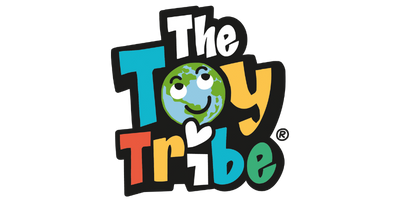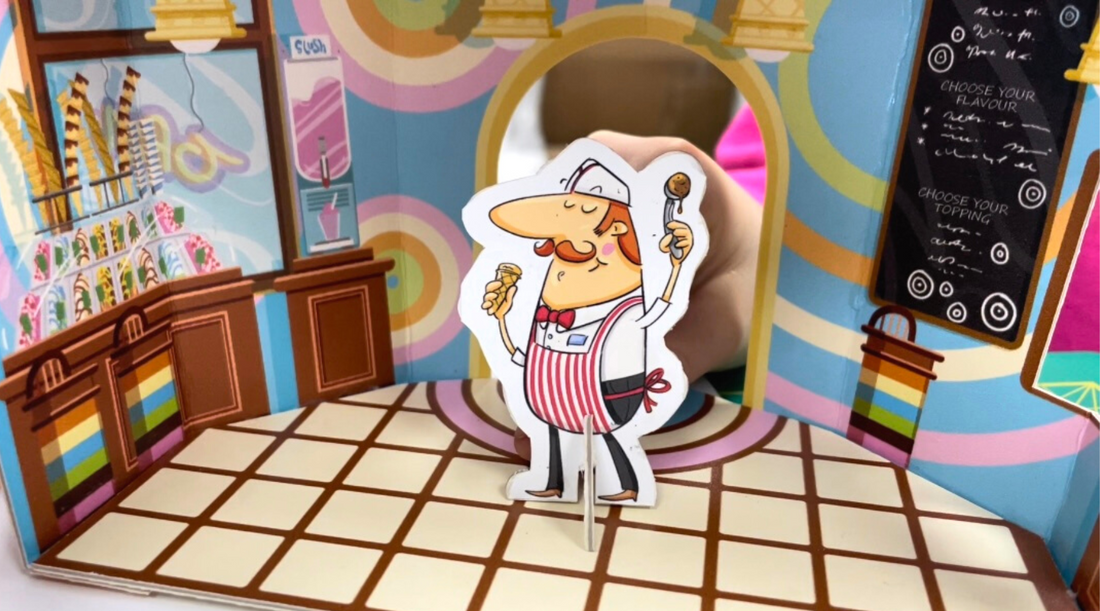What is Imaginative Play?
Imaginative play is a type of play where children use their imagination to create scenarios, stories and characters that aren’t necessarily physically there. This type of play can involve creating and playing with imaginary friends, pretending to be a shop worker or a customer, and acting out a story with action figures or characters.
Think back to the school playground where you would you play ‘Mums & Dads’ or ‘Families’ with your friends – that was imaginative play!
What are the benefits of imaginative play?
Helping with Language Development
Imaginative play often involves creating scenarios and characters which require the use of a variety of descriptive words and phrases. Children then learn as they use their imagination throughout this type of play. It also allows for various storytelling moments which can help children organise their thoughts and ideas into a cohesive narrative, using descriptive language to convey their ideas, and developing characters with unique personalities and motivations.
Social and Emotional Development
During play, children often need to communicate their ideas and thoughts to their playmates. This requires them to develop their verbal communication skills, such as expressing themselves clearly, listening and responding appropriately to others, and negotiating with others to resolve conflicts.
Children can also explore what other lives are like that they might not have been exposed to at this stage in life. As imaginative play means that they pretend to be somebody else, they get their first understanding of what it’s like to walk in others’ shoes.
Problem-Solving
Creative play will encourage children to think outside the box and use their imagination to come up with unique solutions to problems they encounter during play. This can help them develop problem-solving skills by exercising their imagination and coming up with new and innovative solutions.
It’ll also help them take risks and make decisions without the fear of failure. This can help build their confidence and give them the courage to tackle new challenges and solve problems in their real lives.
Encouraging Independence
Children create stories and explore new ideas, making their own rules as they go. By deciding what they want to play, how they want to play it and what rules to follow, children can learn to take control and make decisions independently.
It will also require children to think critically and make decisions based on the information they have to hand. This helps them develop their critical-thinking skills by analysing situations, identifying problems and finding solutions.
When looking at why imaginative play is such an integral part of a child’s development, it’s important to note the abundance of evidence from the BBC, which suggests it’s an excellent tool for encouraging independence and confidence growth. Not only does it foster a huge number of life skills that are crucial to child advancement, it’s done so whilst engaging in simple and innocent fun.
What is The Toy Tribe doing to encourage Imaginative Play?
Our buildable range of playsets, Planet Town, are toys that feature miniature models of real-world objects, such as shops, cafes, restaurants and people. Designed to encourage imaginative play, they provide children with a variety of opportunities to learn and develop important skills.
Explore more here.

